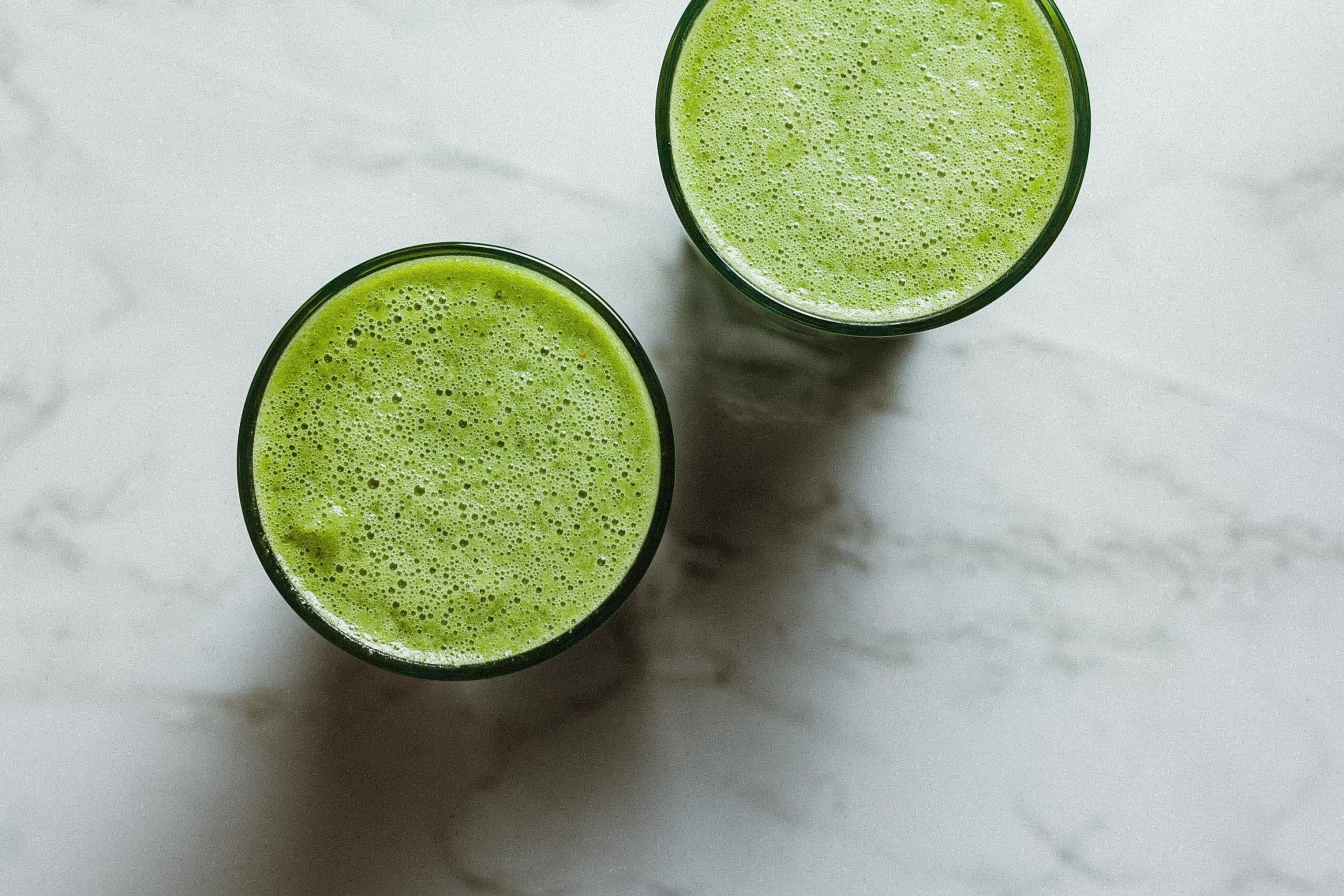Celery has various benefits for health and belongs to the Umbelliferae family, a special plant class that also includes parsnip, carrots, and parsley. Celery juice contains luteolin and pyrroloquinoline quinone (PQQ), two plant compounds thought to reduce inflammation in your gut [1].
Gut Benefits of Celery Juice
Celery juice may help relieve constipation
Daily consumption of celery juice helps balance the gut microbiome and aids in smooth bowel movements. Celery is about 95 percent water and it contains generous amounts of soluble and insoluble dietary fiber that help prevent constipation and diarrhea.
Celery juice contains antioxidants that protect the GI tract
The antioxidants in vegetables can neutralize free radicals by breaking them down and rendering them harmless. When concerning gut health, antioxidants, in general, might help protect the body from intestinal oxidative stress by modifying gut bacteria [2]. Therefore, celery juice for can be beneficial for your gut health.
Flavonoids in celery juice might help prevent GI cancer
The potential anti-cancer effects of flavonoids may occur through a variety of mechanisms. A study published in the journal Nutrients revealed that flavonoids might block carcinogen pathways, limiting the spread of gastric cancer [3]. The flavonoids might also inhibit angiogenesis which would reduce the blood supply to tumors. Flavonoids might also suppress matrix metalloproteinase (MMP) secretion, which is believed to influence cancer growth. In addition, celery might protect the stomach against DNA damage and inhibit the growth of H. pylori, both of which can damage stomach and small intestine tissue, causing inflammation and potentially lead to cancer. Nonetheless, more research is needed to validate any of these findings.
Celery supports digestion & gut health
While its antioxidant and anti-inflammatory nutrients offer protection to the entire digestive tract, celery may offer unique benefits to the stomach. Specifically, pectin-based polysaccharides found in celery, including a compound known as apiuman, have been shown to decrease instances of stomach ulcers, improve the lining of the stomach, and modulate stomach secretions in animal studies. Additionally, celery’s high water content, combined with generous amounts of soluble and insoluble fiber, helps to support a healthy digestive tract and regulate bowel movements. Overall, these properties make celery a highly beneficial addition to one’s diet.
In Conclusion
While celery juice may have numerous benefits for your gut health, it’s important to note that some individuals may need to exercise caution when incorporating celery into their diet. For instance, individuals with celery allergies should take care to check for any potential allergic reactions before consuming celery regularly. Additionally, celery seeds contain volatile oils, flavonoids, linoleic acid, and coumarins, which can cause uterine contractions and should be avoided by pregnant women. Individuals with sensitive digestive systems, such as those with irritable bowel syndrome (IBS), may not tolerate consuming celery juice. If you experience digestive side effects after consuming celery or celery juice, it’s best to avoid it and consult a healthcare professional to investigate any underlying issues.
References
- [1] Gil-Cardoso, K., Ginés, I., Pinent, M., Ardévol, A., Blay, M., & Terra, X. (2016). Effects of flavonoids on intestinal inflammation, barrier integrity and changes in gut microbiota during diet-induced obesity. Nutrition research reviews, 29(2), 234–248. https://doi.org/10.1017/S0954422416000159
- [2] Riaz Rajoka MS, Thirumdas R, Mehwish HM, Umair M, Khurshid M, Hayat HF, Phimolsiripol Y, Pallarés N, Martí-Quijal FJ, Barba FJ. Role of Food Antioxidants in Modulating Gut Microbial Communities: Novel Understandings in Intestinal Oxidative Stress Damage and Their Impact on Host Health. Antioxidants. 2021; 10(10):1563. https://doi.org/10.3390/antiox10101563
- [3] Vitelli Storelli, F., Molina, A. J., Zamora-Ros, R., Fernández-Villa, T., Roussou, V., Romaguera, D., Aragonés, N., Obón-Santacana, M., Guevara, M., Gómez-Acebo, I., Fernández-Tardón, G., Molina-Barceló, A., Olmedo-Requena, R., Capelo, R., Chirlaque, M. D., Pérez-Gómez, B., Moreno, V., Castilla, J., Rubín-García, M., Pollán, M., … Martín, V. (2019). Flavonoids and the Risk of Gastric Cancer: An Exploratory Case-Control Study in the MCC-Spain Study. Nutrients, 11(5), 967. https://doi.org/10.3390/nu11050967
- https://www.healthline.com/health/food-nutrition/health-benefits-of-celery
- https://www.healthline.com/nutrition/celery-juice-cleanse#gut-health
- https://www.healthdigest.com/1116899/can-celery-help-improve-your-gut-health/
- https://www.medicinenet.com/what_are_the_benefits_of_eating_celery/article.htm








